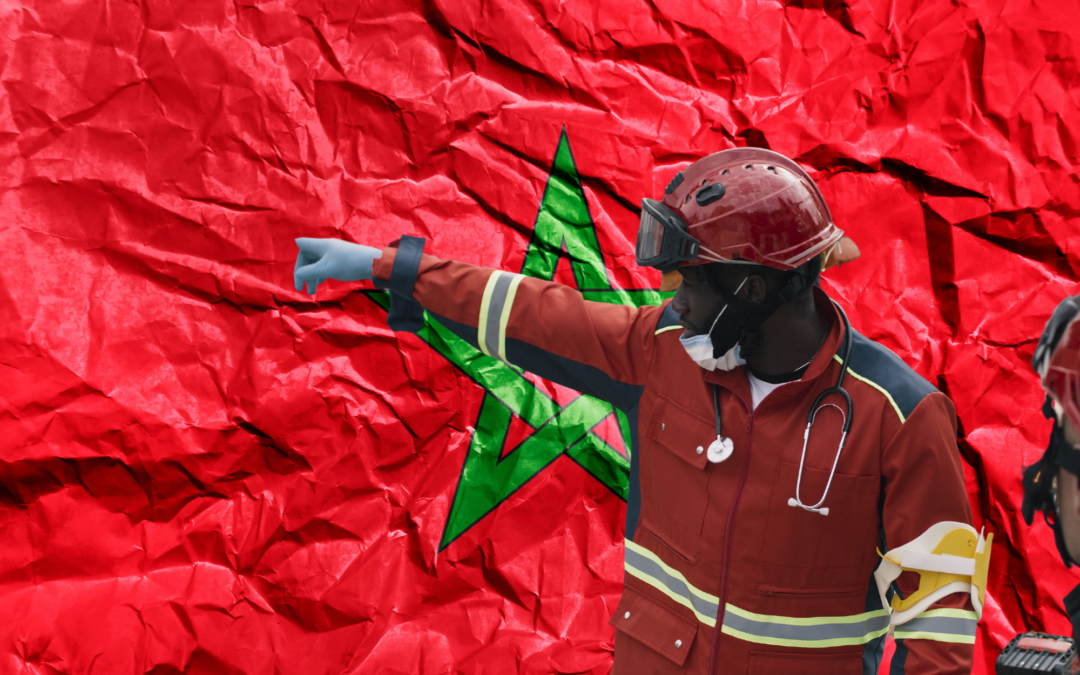The African Centre for Disaster Management (ACDM) stands in solidarity with the people of Morocco as they grapple with the aftermath of a catastrophic earthquake on 8 September. Located in the High Atlas mountain range, roughly 70 kilometres southwest of Marrakesh, this earthquake has tragically taken the lives of over 4,000 individuals with thousands more left injured. Regrettably, the numbers are anticipated to rise as relief operations are ongoing.
The magnitude 6.8 quake was unprecedented in its impact for Morocco, especially when compared to larger quakes like the 7.8 magnitude tremor that impacted Turkey and Syria earlier this year. Northern Africa, lying at the juncture of the African and Eurasian tectonic plates, does see seismic activity. This recent tremor, though complex due to its geographical location, sheds light on the broader issue of preparedness in the region.
Previous studies, such as one from 2007, had indicated that Morocco was not unfamiliar with seismic events. This study found 1739 significant quakes in the nation from 1045 to 2005. Yet, a significant number of buildings in the affected zone were constructed using masonry and ‘aggregate’, materials vulnerable to collapse during seismic events. The historical Agadir quake in 1960 further underscores the importance of readiness – a ‘moderate’ 5.9 magnitude earthquake, which resulted in significant fatalities and injuries due to infrastructure collapse.
Recognizing the challenges faced by Morocco, particularly the balance between creating temperature-regulated buildings and those resilient to earthquakes, the ACDM wishes to emphasize the necessity of community engagement. Local communities possess invaluable knowledge about their architectural traditions and requirements. Their insights can significantly contribute to building structures that are both culturally relevant and disaster-resistant.
Additionally, the ACDM firmly believes in embedding disaster resilience within the broader framework of sustainable development. Advising citizens to maintain an emergency kit is just the beginning. True resilience is achieved when broader societal challenges such as poverty and lack of education are addressed. As Kelman rightly states, “All aspects of disasters are political,” and therefore, disaster risk reduction is inherently tied to national development.
In conclusion, the ACDM is fully committed to assisting Morocco, along with other African nations, in bolstering their capacities in Emergency Preparedness, Response, Resilience, and other essential areas of disaster management. By uniting in our efforts, we can hope to avert such tragedies in the future and protect our communities from the unpredictable challenges that nature poses.

